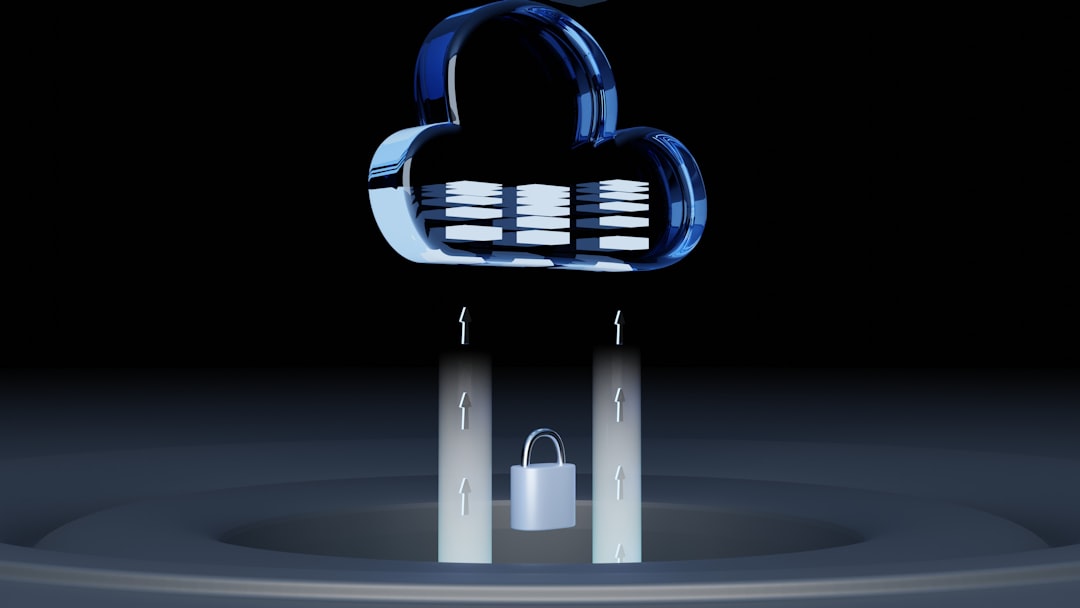For small businesses venturing into the online space or looking to improve their existing web infrastructure, choosing the right tools and services is paramount. Two of the most commonly referenced platforms in the realms of domain registration, DNS management, and security services are Namecheap and Cloudflare. Each offers unique advantages and some drawbacks. Understanding the pros and cons of each is essential for small business owners aiming to optimize performance, security, and budget.
Namecheap Overview
Namecheap is primarily recognized as a domain name registrar but also offers hosting, security services such as SSL certificates, email services, and WHOIS privacy protection. With a user-friendly dashboard and competitive pricing, Namecheap has built a solid reputation among beginners and small businesses alike.
Pros of Namecheap
- Affordable Pricing: Domain registration and hosting plans are among the cheapest available, making it friendly for startups and entrepreneurs.
- Free WHOIS Privacy Protection: Namecheap offers free privacy protection with each domain, ensuring personal details stay private.
- Easy-to-Use Dashboard: The interface is intuitive and beginner-friendly, allowing users to manage domains without technical expertise.
- 24/7 Support: Responsive support via live chat and an extensive knowledgebase is available around the clock.
Cons of Namecheap
- Limited CDN: Although Namecheap offers basic hosting and DNS, their CDN capabilities are not as advanced as Cloudflare’s.
- Email Services Cost Extra: Unlike some competitors, email hosting isn’t free, which could be an added cost for small businesses.
- Performance May Vary: Website speed and uptime may not match premium providers.

Cloudflare Overview
Cloudflare is renowned for its content delivery network (CDN), internet security services, and DDoS protection. It acts as a reverse proxy between website visitors and the server, improving both speed and security. While Cloudflare doesn’t offer domain registration (except for transfer and renewal via their registrar), it complements existing hosts very efficiently.
Pros of Cloudflare
- Powerful CDN: Cloudflare’s CDN improves website speed across the globe by caching content on servers close to the visitor.
- Free Tier Available: Ideal for small businesses, Cloudflare’s free plan includes DDoS protection, CDN, and SSL.
- Enhanced Security: Automatic HTTPS rewrites, firewall rules, and bot management safeguard websites against threats.
- DNS Performance: One of the fastest DNS resolvers in the world, ensuring quicker load times.
Cons of Cloudflare
- Complexity: The dashboard and settings can be overwhelming for users new to web infrastructure.
- Customer Support Limitations: Free users have limited access to direct customer service, relying mainly on the community forums.
- Can Conflict With Some Hosting Solutions: Improper setup can lead to routing issues or unexpected downtime.

Comparing Namecheap and Cloudflare
Both platforms shine in different areas. For a small business just starting, the question isn’t always “which is better?” but rather “which is better for your current needs?”
1. Domain Registration
Namecheap is the clear winner here. It is specifically designed for domain acquisition and management. It offers multiple TLDs, domain bundling discounts, and WHOIS privacy, making it ideal for purchasing and managing domain assets.
2. DNS Performance
Cloudflare leaps ahead with its globally distributed DNS servers, offering blazing-fast response times and high availability. Businesses that experience traffic from international audiences will significantly benefit from Cloudflare’s DNS system.
3. Security
Cloudflare provides exceptional protection against DDoS attacks, spam comments, suspicious bots, and other online threats. Meanwhile, Namecheap does offer SSL and some security options, but it doesn’t compare to the suite Cloudflare delivers at no cost.
4. Website Speed
With its intelligent caching and CDN, Cloudflare ensures that websites load more efficiently from different parts of the world. Namecheap offers traditional hosting, but it may not include speed-optimization solutions like caching without additional services or configurations.
5. Pricing
Namecheap provides considerable value for money when it comes to domain-related services. Cloudflare also offers great value, especially since its core CDN and security tools are free. However, some premium features on both platforms come with a cost.

Best Use-Cases for Small Businesses
When to Choose Namecheap
- You’re registering or transferring a domain.
- You need a simple and reliable place to manage your domains and buy SSLs or hosting.
- You prefer customer service that’s immediately accessible via live chat.
When to Choose Cloudflare
- You seek performance optimization across a global audience.
- You need strong DDoS protection and advanced web application firewall (WAF).
- You want to keep your hosting but enhance front-end speed and security.
Combining Namecheap and Cloudflare
Interestingly, small businesses don’t need to choose one over the other. The best approach might be integrating both. For example, purchase your domain from Namecheap and then point your DNS to Cloudflare to leverage their CDN and security benefits. This hybrid approach allows small businesses to enjoy affordability, simplicity, and robust web performance all in one setup.
Doing so usually involves updating the domain’s nameservers in the Namecheap dashboard to use Cloudflare’s authoritative DNS. This combination maximizes value without incurring high costs, especially appealing to budget-conscious entrepreneurs.
Final Thoughts
For small businesses, striking the right balance between cost, usability, security, and performance is crucial. Namecheap excels in domain services and straightforward usability, while Cloudflare excels in performance and security. Choosing to use both may offer the best of both worlds, empowering businesses for long-term scalability and success online.
FAQ
Can I use Namecheap and Cloudflare together?
Yes, many small businesses use Namecheap for domain registration and Cloudflare for DNS, CDN, and security optimization. Setup typically involves changing your Namecheap domain’s nameservers to point to Cloudflare.
Is Cloudflare free to use?
Cloudflare offers a robust free tier that includes DDoS protection, CDN, SSL, and performance benefits. Paid plans are available for more advanced features.
Does Namecheap have a CDN?
Not by default. While Namecheap provides shared hosting, it does not offer a full-featured CDN comparable to Cloudflare. For CDN services, using Cloudflare in conjunction is recommended.
Is Namecheap hosting good enough for small businesses?
Namecheap hosting is suitable for basic websites, landing pages, and small eCommerce stores. For heavier traffic and performance needs, integrating with Cloudflare or using a premium hosting provider might be necessary.
Does Cloudflare support email services?
Cloudflare doesn’t provide email hosting. Businesses will need a separate provider like Namecheap, Google Workspace, or Zoho Mail for email services.
